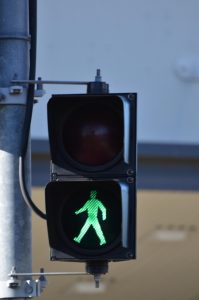The majority of criminal defense cases that aren’t dismissed or result in acquittal are resolved through plea deals. The Bureau of Justice Statistics reports two-thirds of felony defendants in the U.S. are eventually convicted and 95 percent of those convictions occur through plea bargains.
Criminal defense lawyers in Fort Lauderdale know that doesn’t necessarily mean these defendants are getting a raw deal. In many cases, these plea deals are agreements to plead guilty to far lesser offenses, resulting in fewer penalties than defendant may have been facing initially. Still, where there is ever an opportunity to fight for dismissal or acquittal, our attorneys won’t hesitate to do so. Plea bargain agreements are only for cases where the weight of the evidence is clearly against the defendant and the attorney is confident that negotiation with the prosecutor can result in an advantageous outcome for defendant, considering the circumstances.
That said, defendants must be prepared to abide by the terms of the plea bargain, or else risk the possibility that the maximum penalty could still be imposed. Even during the plea bargain negotiation process, defendants need to be mindful of their conduct. The Miami Herald reports one case recently where a plea deal following a serious DUI crash fell apart after defendant’s drug test was returned positive – a violation of her conditions for release from jail pending trial. Continue reading
 Fort Lauderdale Criminal Attorney Blog
Fort Lauderdale Criminal Attorney Blog












